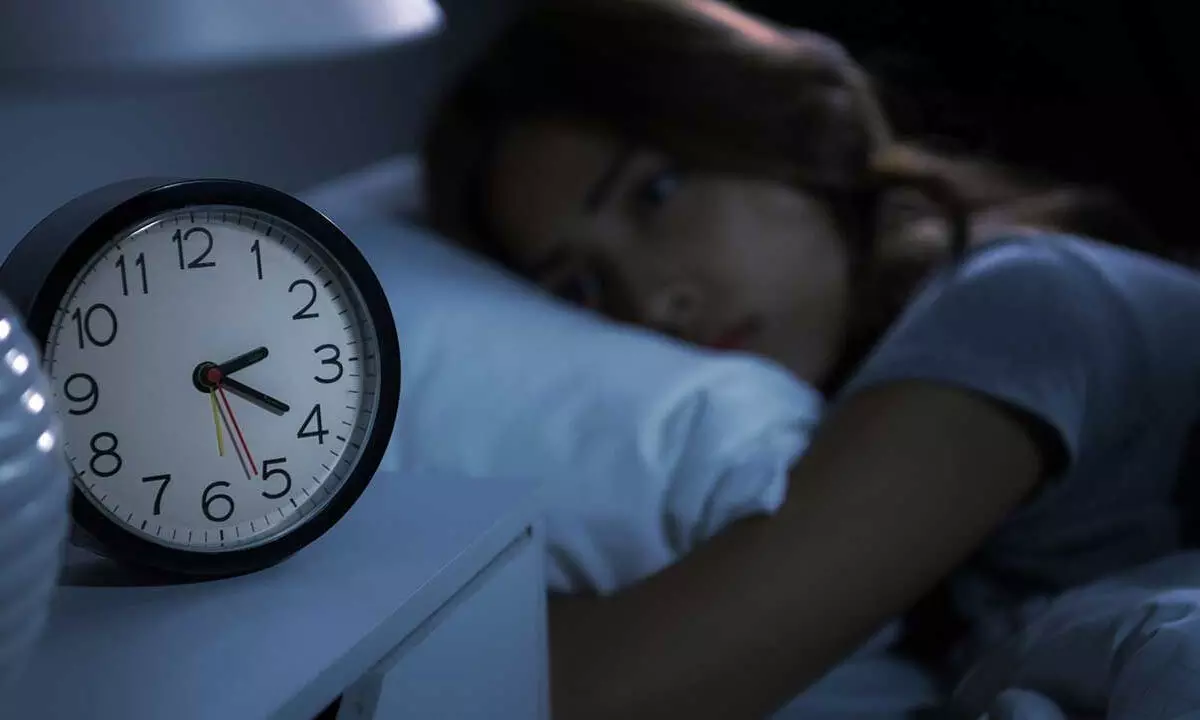Lack of sleep makes less happy, more anxious

Lack of sleep not only makes us tired, but can also affect our emotional functioning, decrease positive moods and put us at higher risk for anxiety symptoms, according to a study.
New Delhi: Lack of sleep not only makes us tired, but can also affect our emotional functioning, decrease positive moods and put us at higher risk for anxiety symptoms, according to a study.
The study, published in the journal Psychological Bulletin, synthesised more than 50 years of research on sleep deprivation and mood.
Lead author Cara Palmer, PhD, of Montana State University said that the findings showed that more than 30 per cent of adults and up to 90 per cent of teenagers don’t get enough sleep.
“In our largely sleep-deprived society, quantifying the effects of sleep loss on emotion is critical for promoting psychological health,” Palmer said.
“This study represents the most comprehensive synthesis of experimental sleep and emotion research to date, and provides strong evidence that periods of extended wakefulness, shortened sleep duration, and nighttime awakenings adversely influence human emotional functioning,” she added.
The team analysed data from 154 studies spanning five decades, with 5,715 total participants. In all those studies, researchers disrupted participants’ sleep for one or more nights. In some experiments, participants were kept awake for an extended period.
In others, they were allowed a shorter-than-typical amount of sleep, and in others they were periodically awakened throughout the night.
Each study also measured at least one emotion-related variable after the sleep manipulation, such as participants’ self-reported mood, their response to emotional stimuli, and measures of depression and anxiety symptoms.
Overall, the researchers found that all three types of sleep loss resulted in fewer positive emotions such as joy, happiness and contentment among participants, as well as increased anxiety symptoms such as a rapid heart rate and increased worrying.














